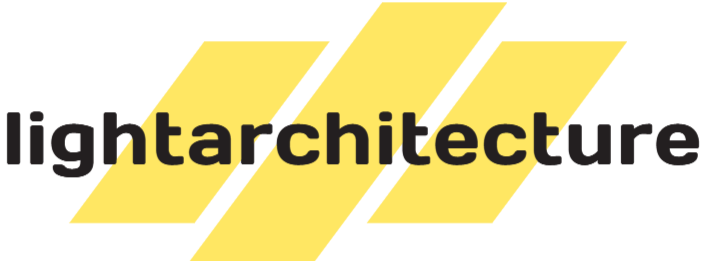Introduction
The LAMP stack is a popular combination of open-source technologies used to develop dynamic websites and web applications. It stands for Linux, Apache, MySQL, and PHP, which are the four components that make up the stack. LAMP originated as an alternative to the more expensive proprietary software solutions, offering developers a free and open-source platform to build web applications.
In this article, we will take a closer look at each component of the LAMP stack, discuss their advantages, and explore some popular use cases for LAMP.
Linux: The Reliable OS
Linux is the underlying operating system that powers the LAMP stack. It is a free and open-source operating system that provides a stable, reliable, and secure platform for web development. Some of the advantages of using Linux for web development include:
- Free and open-source: Linux is available for anyone to download and use for free.
- Highly customizable: Linux can be easily customized to suit the needs of developers.
- Secure: Linux has a strong security reputation, with fewer security vulnerabilities compared to other operating systems.
- Stable: Linux is known for its stability, with fewer crashes and system failures.
Popular use cases for Linux in LAMP:
- Hosting web servers: Linux is the most popular choice for hosting web servers, with Apache being the most commonly used web server software.
- Containerization: Linux is used as the underlying OS for containerization platforms like Docker.
- Cloud computing: Linux is the dominant operating system used in cloud computing environments.
Apache: The Web Server Powerhouse
Apache is the web server component of the LAMP stack. It is the most widely used web server software in the world, powering more than half of all websites on the internet. Some of the advantages of using Apache for web development include:
- Open-source: Apache is free and open-source software that can be downloaded and used for free.
- Powerful: Apache is a powerful web server that can handle high levels of traffic and requests.
- Modular: Apache is modular, which means developers can add or remove specific features as needed.
- Secure: Apache has a good security track record, with frequent security patches and updates.
Popular use cases for Apache in LAMP:
- Web server: Apache is commonly used as a web server software to serve web pages and content.
- Load balancing: Apache can be used to balance loads across multiple web servers.
- Reverse proxy: Apache can be used as a reverse proxy server to improve server performance.
MySQL: The Reliable Database System
MySQL is the database component of the LAMP stack. It is a free and open-source database management system that is widely used for web development. Some of the advantages of using MySQL for web development include:
- Reliability: MySQL is a reliable database system that offers high availability and data integrity.
- Scalability: MySQL can scale to handle large amounts of data and high-volume web applications.
- Performance: MySQL is known for its fast and efficient performance, especially with large datasets.
- Open-source: MySQL is free and open-source software that can be used and modified by anyone.
Popular use cases for MySQL in LAMP:
- Content management systems: MySQL is commonly used with content management systems like WordPress, Drupal, and Joomla.
- E-commerce websites: MySQL is the database system of choice for many e-commerce websites like Magento, Shopify, and WooCommerce.
- Multimedia applications: MySQL is used in multimedia applications that store large amounts of data like images, videos, and audio files.
PHP: The Versatile Scripting Language
PHP is the programming language component of the LAMP stack. It is a popular server-side scripting language that is used to develop dynamic web pages and web applications. Some of the advantages of using PHP for web development include:
- Easy to learn: PHP is easy to learn and has a low learning curve for new developers.
- Versatile: PHP can be used to develop a wide range of web applications, from small websites to large-scale enterprise applications.
- Open-source: PHP is free and open-source software that can be used and modified by anyone.
- Support: PHP has a large community of developers who contribute to its development and provide support to other developers.
Popular use cases for PHP in LAMP:
- Content management systems: PHP is commonly used with content management systems like WordPress, Drupal, and Joomla.
- Web applications: PHP is used to develop a wide range of web applications, including e-commerce, social media, and messaging apps.
- Web services: PHP is used to develop web services like APIs and webhooks.

